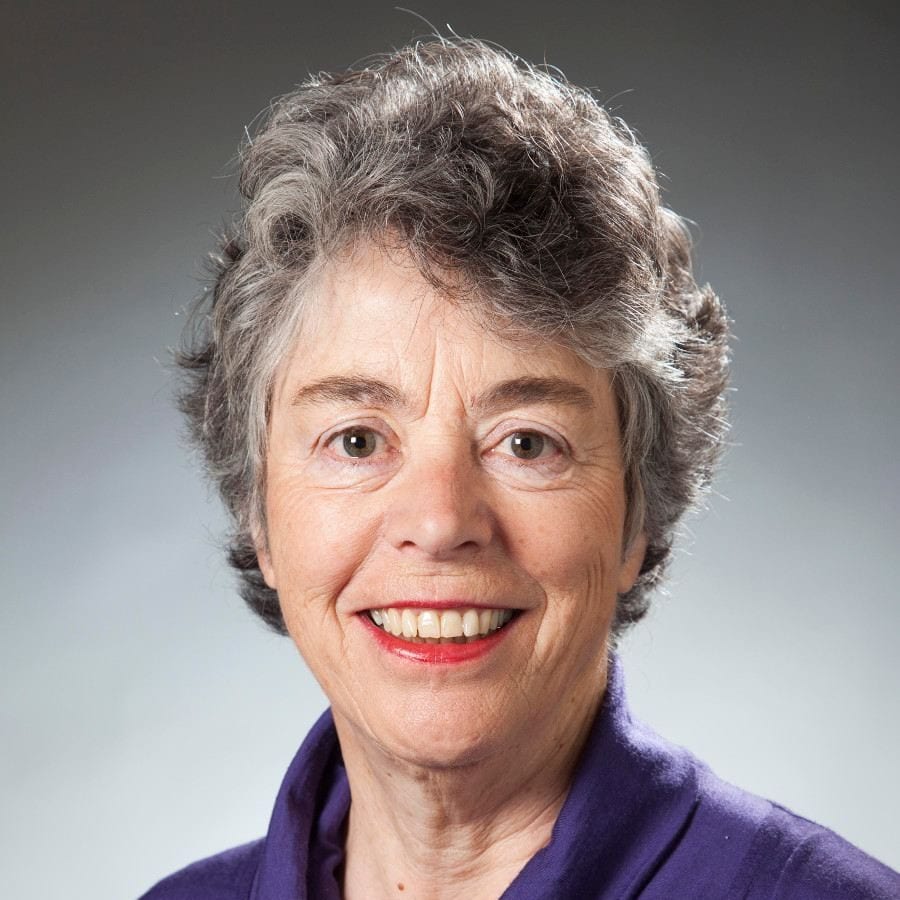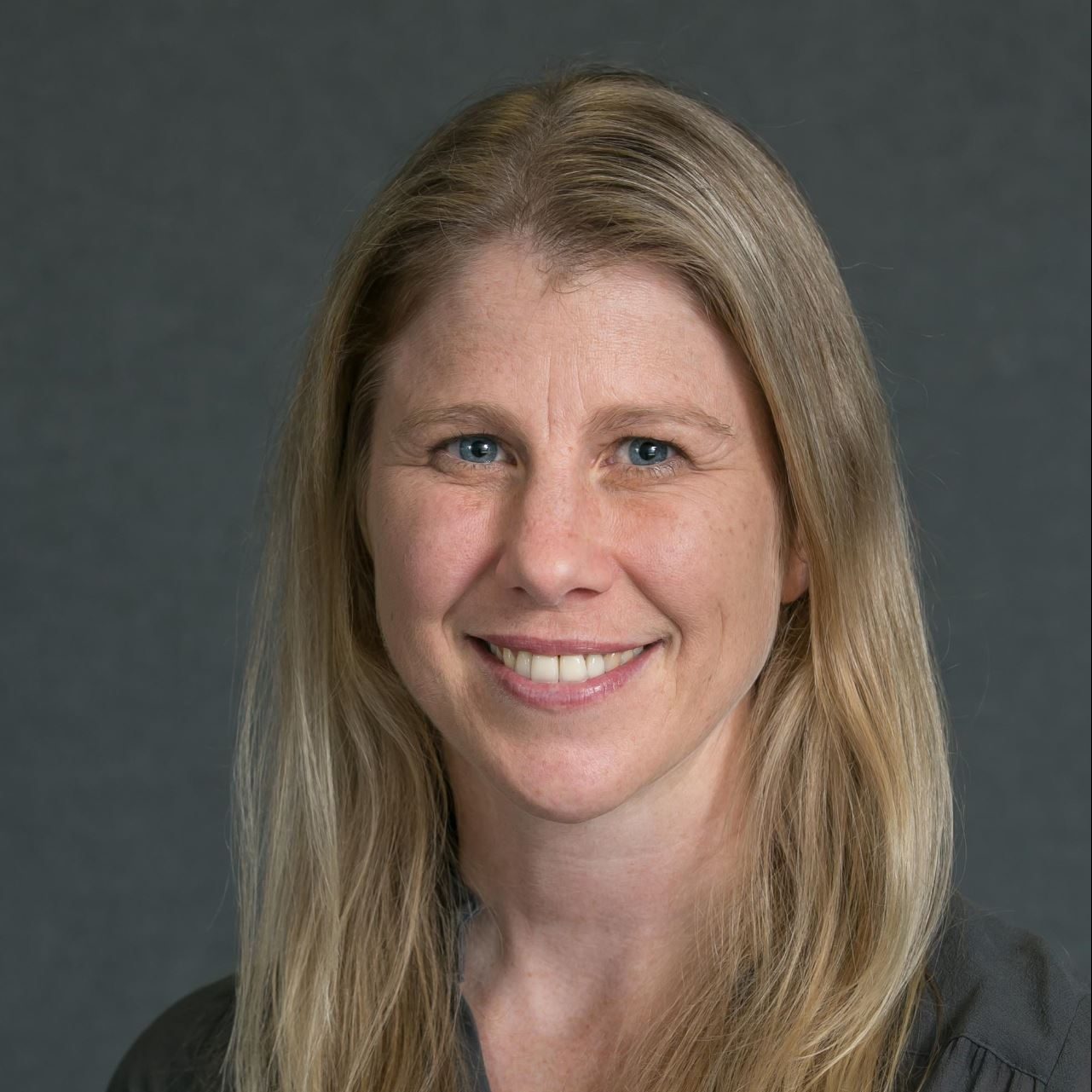Successful Learning
The Successful Learning team aims to lift early literacy through a “braided rivers” approach to research, which weaves Western science knowledge with traditional Māori epistemologies to gain the best outcomes for children. Four interconnected projects examine how literacy is achieved through an interdisciplinary and cross-cultural perspective.
Project 1 is developing models to predict early difficulties with literacy that are relevant to New Zealand’s diverse ethnic communities.
Project 2 will determine the feasibility, acceptability and appropriateness of an integrated intervention designed to accelerate Year 1 reading development for vulnerable children.
Project 3 aims to support the richness of “linguistic landscapes” for children who are bilingual in early childhood centres and Year 1 classrooms.
Project 4 focuses on how best to accelerate early literacy development in children with developmental disabilities.
For more information on this project, please read our Successful Learning Theme Final Summary Report, June 2019.

What we are doing
- Working in classrooms of ten primary schools in Christchurch, to co-construct and support the implementation of the classroom-based literacy intervention.
- Building strong community and stakeholder relationships between the research team and others, such as Speech-Language Therapists, Resource Teachers: Learning and Behaviour, those working in community-based projects such as the Linwood Wellbeing Cluster, and the local Pasifika community.
- Providing guidelines for fostering emergent bilingual children’s language and literacy development in early childcare centres and primary schools.
- Using national datasets to improve the understanding of factors that support literacy success in diverse populations within New Zealand.
Team Snapshot

Associate Professor Brigid McNeill
School of Teacher Education, University of Canterbury.
Brigid McNeill, PhD, is an Associate Professor in the College of Education, Health and Human Development at the University of Canterbury in Christchurch, New Zealand. Dr McNeill is an international expert on literacy development in children with childhood apraxia of speech. Her prospective study of the validity and nature of childhood apraxia of speech has been supported by a Fast-Start Marsden grant from the Royal Society of New Zealand. Her research also focuses on developing and evaluating methods to better prepare teachers to support children’s early literacy development. Dr McNeill is the theme leader for A Better Start – Successful Literacy and Learning theme.

Distinguished Professor Niki Davis
School of Education Studies and Leadership, University of Canterbury.
Niki Davis is University of Canterbury Distinguished Professor of e-Learning. She is recognized internationally as a leading expert in ICT in education. Sought by UNESCO, international agencies, and institutions for her expertise, she has over 200 publications. Professor Davis has recently published a book and is associated with the postgraduate course on Change with Digital Technologies in Education within the University of Canterbury Postgraduate Diploma of Education (e-learning and digital technologies). Professor Davis is a leading investigator on the Successful Literacy and Learning stream of the project, including the ‘braid’ of research on emerging bilinguals living in a digital world.
Cure Kids Joint Contestable Funding
- Cure Kids partnered with A Better Start National Science Challenge in 2017 to co-fund a joint contestable funding round.
- 10 projects were funded, from a total funding pool of $2.8M.
- The Successful Learning Contestable Funding Projects are profiled below.
Contestable Project: Facilitating emotional well-being and positive behaviours in children with literacy learning difficulties
Reading difficulties contribute to poor achievement at school and restricted job opportunities in the future. Professor John Everatt is investigating the extent to which culturally responsive and research-informed interventions can improve literacy in young readers, and in turn, increase self-esteem and resilience. Results show the interventions produced gains in vocabulary development, morphological awareness, reading, and spelling, and reading comprehension. Children in the study also demonstrated improvements in self-concept, self-efficacy, resilience and negative behaviours.
Principal investigator: Professor John Everatt, University of Canterbury
Contestable Project: Genetic diagnosis of Autism Spectrum Disorder in the 'Minds for Minds' and Growing up in New Zealand' cohorts
Dr Jesse Jacobsen is developing a novel method to genetically screen children with confirmed Autism Spectrum Disorder (ASD) to enable more targeted interventions and improved management. Her main objective has been achieved: with her team, she has successfully developed a flexible gene-panel design from whole-exome sequencing (WES) data, whereby the panel of high-confidence ASD genes can be readily and reliably isolated for analysis. The advances brought about by cost-effective sequencing of genes offers a great opportunity to improve our understanding of the increasing incidence of ASD, with the ultimate goal of improving the lives of children affected.
Principal investigator: Dr Jessie Jacobsen, University of Auckland


